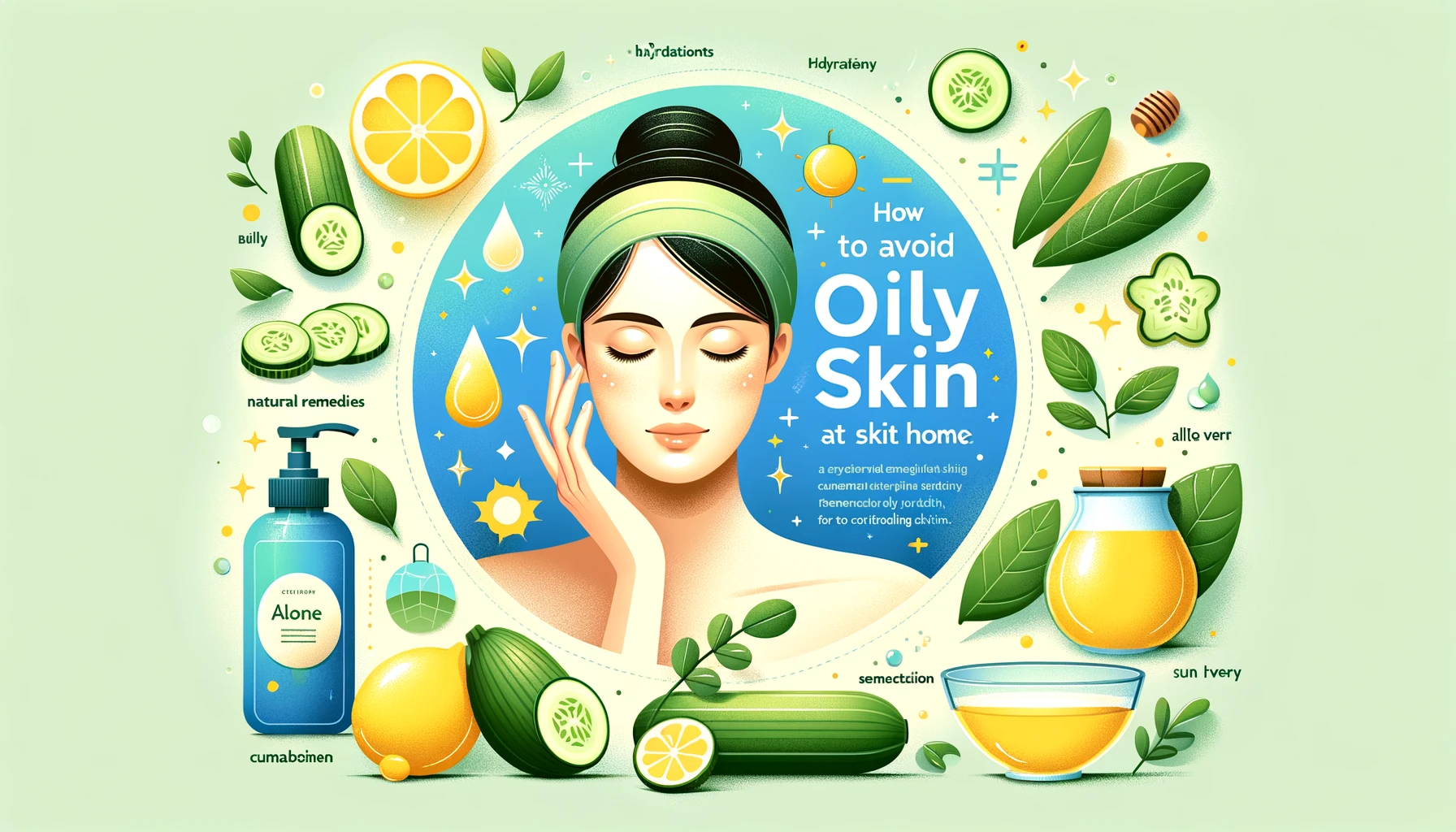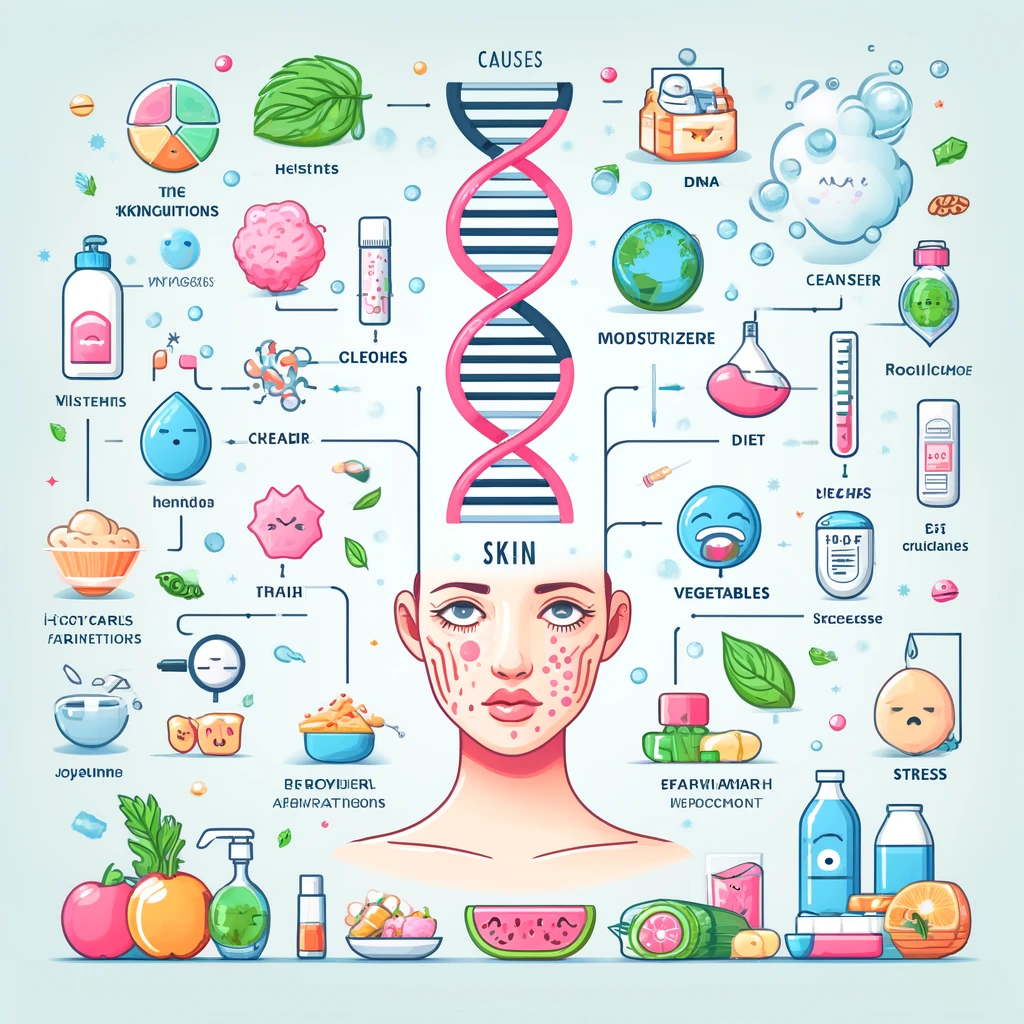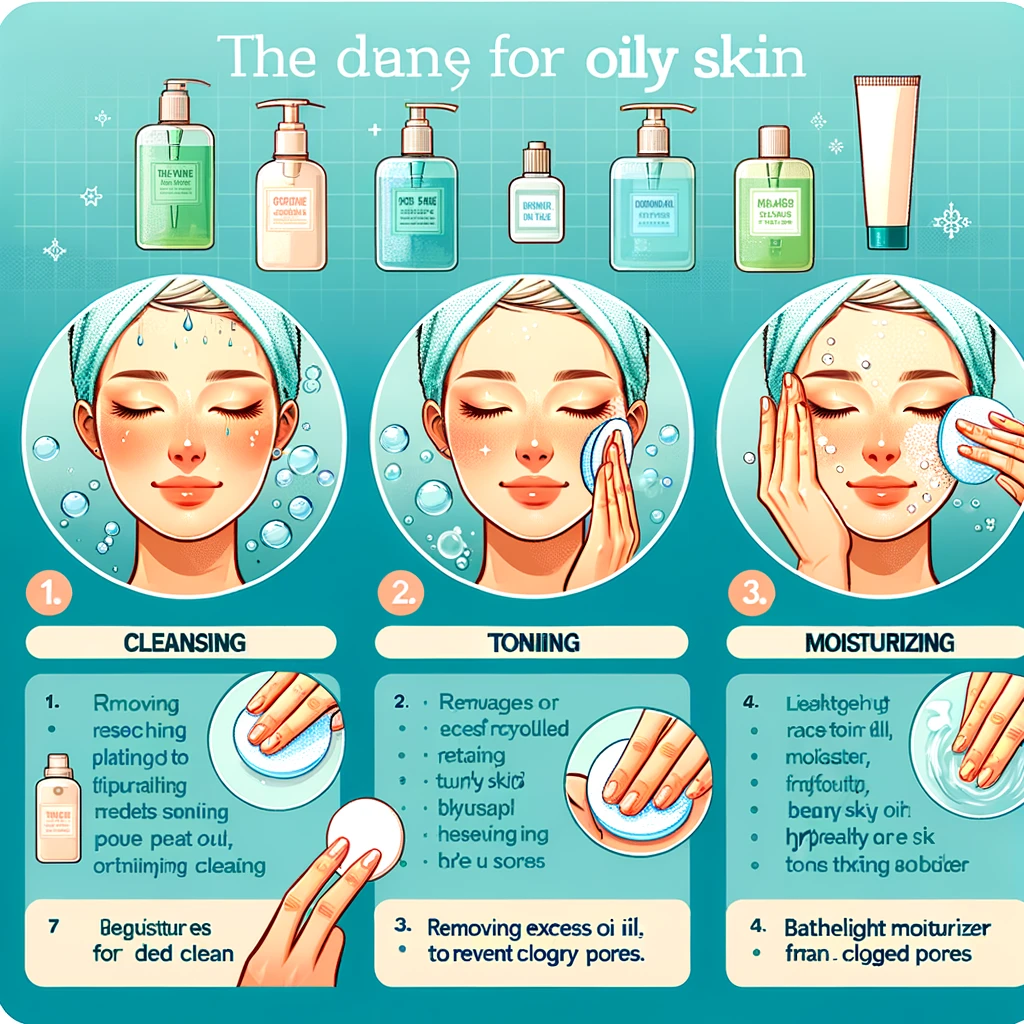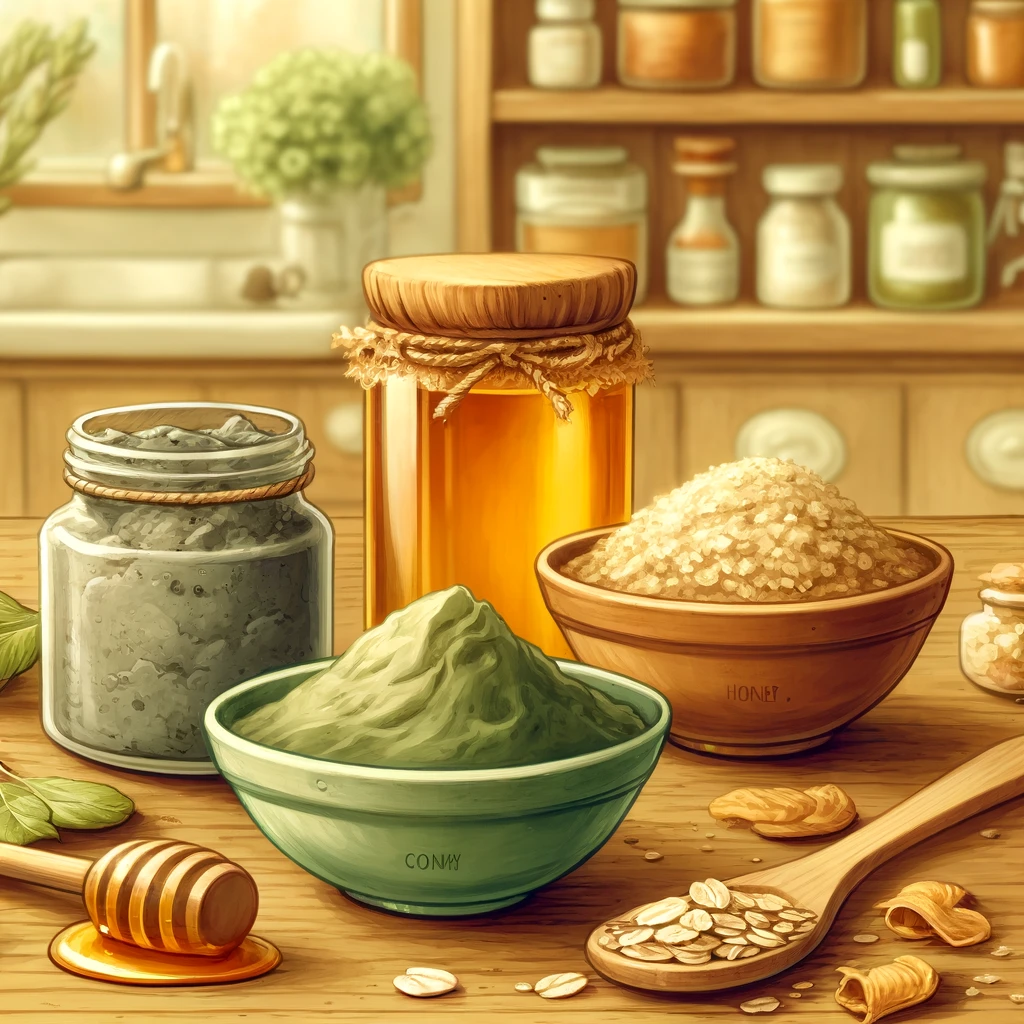
How to Avoid Oily Skin at Home
Oily skin can be a challenge, especially when you’re trying to maintain a clear and matte complexion. However, with the right knowledge and tools, you can manage your oily skin effectively at home. This guide provides comprehensive advice on how to avoid oily skin, from daily skincare routines to diet adjustments, all designed to help you achieve a balanced and healthy skin type.
Understanding Oily Skin
Oily skin is characterized by an excess production of sebum from the sebaceous glands. This can lead to a shiny complexion, enlarged pores, and an increased likelihood of acne and blemishes. Understanding the science behind oily skin and the factors contributing to it is the first step towards effective management.
The Science Behind Oily Skin

Sebum is essential for keeping our skin hydrated and protected, but too much of it can lead to oily skin. Several factors can influence sebum production, including genetics, hormone levels, and environmental conditions.
Factors Contributing to Oily Skin
From diet to stress, many aspects of your daily life can affect your skin type. Identifying these factors is crucial for managing oily skin effectively.
Daily Skincare Routine for Oily Skin
A targeted skincare routine can significantly impact the health and appearance of oily skin. The key is to cleanse, tone, and moisturize with products formulated for oily skin types.
Cleansing: The First Step to Matte Skin

Using a gentle, oil-free cleanser can help remove excess oil without stripping the skin of its natural moisture. It’s important to cleanse twice daily to keep pores clear and reduce shine.
Toning: Balancing the Skin’s pH
A good toner can help restore the skin’s natural pH balance, reduce the appearance of pores, and prepare the skin for moisturizing.
Moisturizing: Hydration without the Grease
Choosing the right moisturizer is critical. Look for lightweight, non-comedogenic formulas that hydrate the skin without adding oiliness.
Diet and Lifestyle Adjustments for Oily Skin

What you eat and how you live can affect your skin. Incorporating skin-friendly foods into your diet and staying hydrated can help manage oil production, while regular exercise and stress management can improve your skin’s overall health.
Foods to Embrace and Avoid
A balanced diet rich in fruits, vegetables, and lean proteins can support skin health, while reducing intake of oily and sugary foods may decrease sebum production.
The Impact of Hydration on Skin Health
Drinking plenty of water throughout the day can help flush out toxins and keep your skin hydrated and less oily.
Exercise and Stress Management
Regular physical activity and stress-reduction techniques like meditation can have a positive effect on your skin by regulating hormones that trigger oil production.
Home Remedies for Oily Skin
There are numerous natural remedies that can help manage oily skin. From homemade masks to herbal tonics, these treatments can provide gentle and effective skin care options.
Natural Masks and Scrubs
Ingredients like clay, honey, and oatmeal can be used to create masks and scrubs that absorb excess oil and exfoliate the skin, leaving it clean and refreshed.
Herbal Tonics for Skin Health
Herbal teas and tonics, such as green tea and witch hazel, can be used as natural toners to reduce oiliness and soothe the skin.
Advanced Skincare Tips and Tricks

For those looking to go the extra mile in their skincare routine, these advanced tips and tricks can help manage oily skin more effectively.
Exfoliation: How Much is Too Much?
While exfoliation can help remove dead skin cells and unclog pores, over-exfoliation can strip the skin of its natural oils, leading to increased oil production. Find a balance that works for your skin.
The Role of Sun Protection
Protecting your skin from the sun is crucial. Opt for oil-free, non-comedogenic sunscreens that offer protection without clogging
Best tips for air grow at home :Easy Homemade Ways to Grow or Regrow Lost Hair


Comments are closed.